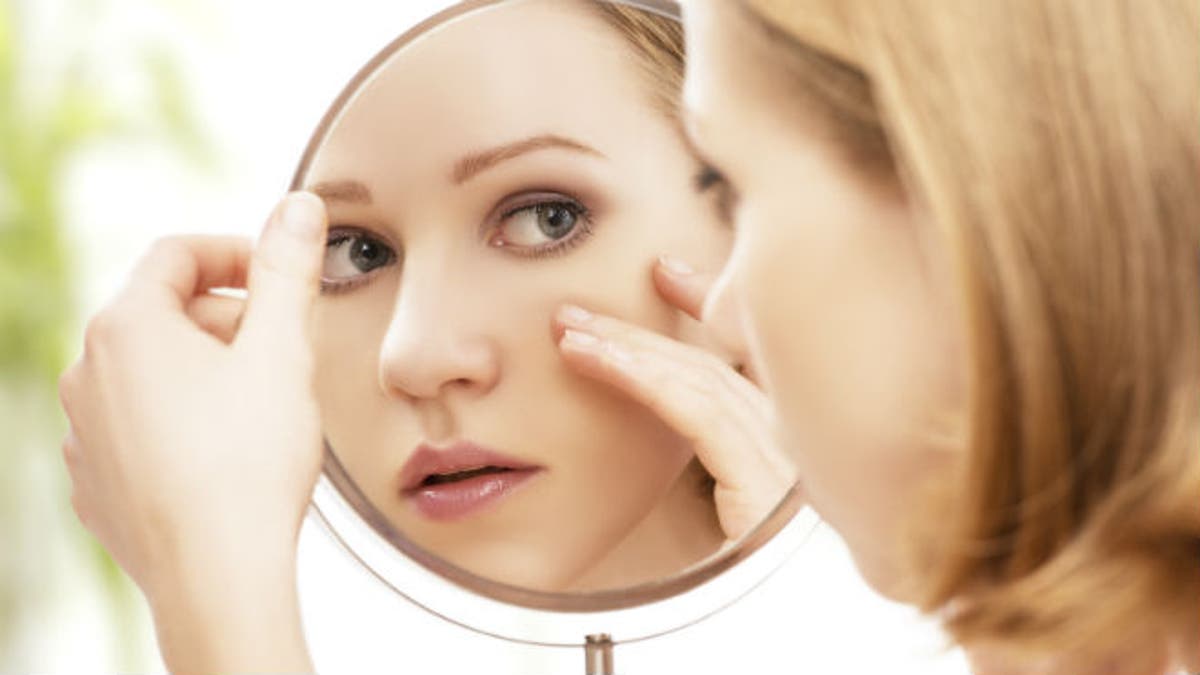
A new study from the University of California, Los Angeles (UCLA) found that vitamin B12 may alter the facial bacteria in some people with healthy skin, suggesting a link between B12 and acne.
Researchers were interested in studying whether there was a difference between gene expression of skin bacteria in acne patients, compared to healthy individuals with clear skin. They found that the B12 synthesis pathway of Propionibacterium acnes (P.acne) in acne patients was low compared to healthy individuals, which led them to study the relationship between B12 and acne.
B12, a water-soluble vitamin naturally present in some foods, is a regulator of its own biosynthesis pathway. Many bacteria can synthesize B12 and need it for metabolic activity. The body requires B12 for proper red blood cell formation, neurological function and DNA synthesis, according to the National Institutes of Health (NIH).
Researchers also observed that another pathway, the porphyrin biosynthesis, is linked to the B12 biosynthesis pathway. They hypothesize that when there is an elevated B12 level, it leads to an overproduction of porphyrins by P.acnes. Previous studies have shown that porphyrin can induce inflammation and acne.
“Inflammation is one of the factors of acne. There are non-inflammatory, usually mild [forms of acne]. The severe [acne] usually involves a lot of inflammation in skin cells,” study author Huiying Li, an assistant professor of molecular and medical pharmacology at the David Geffen School of Medicine at UCLA, told FoxNews.com.
The researchers conducted two studies. The first compared the biosynthesis of B12 in a total of 13 acne patients, compared to 20 healthy patients. Participants had an average age of 24.8 years and there was no significant differences in gender, age, and ethnicity between acne patients and healthy subjects.
The second study, which involved 10 healthy subjects taking B12 supplements, measured participants’ bacterial gene expression before and after supplementation. Patients received 1 milliliter of injected B12, which Lin noted is likely more than an individual would consume from food. The recommended dietary amount for adults ages 14 years or older is 2.4 micrograms daily, according to the Mayo Clinic.
One of the participants developed acne after one week of B12 supplementation, confirming previous clinical studies previously reporting that B12 induces acne in subsets of individuals.
In order to sample the follicular contents of the nose skin, researchers used Biore Deep Cleansing Pore strips.
Li said these genes are a potential target for new drugs, as a way to reduce the production of porphyrin and inflammation, but it’s too soon to say whether the team’s findings have clinical implications.
“The study is really about trying to figure out the molecular mechanism in terms of how skin bacteria functions in the disease process,” she said. “It’s not just about B12; it’s about how the activity of bacteria can trigger the host’s skin disease, or maintaining skin health.”
The study was published in the journal Science Translational Medicine.
